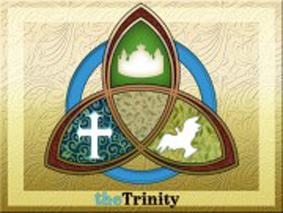
On Trinity Sunday, June 16, 2019, Pastor Jennifer Smith-Walz preached on the topic “Come Holy Spirit! Make Us Resilient” from the sermon series “Revealing Resurrection.” Her sermon is based on the scripture reading “Peace and Hope” from Romans 5:1-5.
Pastor Jenny pointed out that people have many different responses to suffering, given that there are many kinds of people, different types of struggle, and many different circumstances. Some feel undone by their plight, others nurture a sense of victimhood; still, others feel shame, which leads to depression. She believes that the best option is to face our suffering, hold steady, grow more alive, wise, and hopeful.
She noted that we are suffering because of our faith in Jesus Christ and we should not get stuck in the suffering, introducing us to Luther Smith’s words “There are places in the human heart that do not yet exist. Then suffering enters in to brings them to life.” She observed that suffering is the Holy Spirit moving in us and through us. Pain creates patience, which builds character, which produces hope. Hope then brings peace because, through the Holy Spirit, God has poured love into our hearts.
Paul teaching in the Roman Catholic Church expounded on suffering and the church’s response to it. Pain leads to endurance, and we must exhibit patience, which will build up our character for peace and hope. He tells us that suffering is something that all Christians are called to expect. The pain will come, especially if we follow Christ who gave himself up for us, suffered under Pontus Pilate, crucified, dead and buried. We are called to take up our cross and follow Jesus. Even though we know it, we sometimes go to great lengths to avoid suffering or make up all kinds of excuses for our own struggle and that of others. Paul tells us we shouldn’t.
Up to 50% of our population has experienced some trauma in our homes, in school, in battle, in our churches. Suffering can be physical, emotional, spiritual, or mental. Many people don’t talk about it. They simply don’t trust anyone, especially the church, to believe them. And so they find themselves in a world of the walking-wounded – alone, stuck, ashamed, depressed, hopeless. How then do we handle suffering when something happens to us? The church’s response is to rejoice in our sufferings.
Paul encourages us not to waste the pain or struggle. In Peter L. Steinke’s words, “We waste suffering if we gloss over, deny, avoid or neglect its message . . . If however, we can learn from pain, it is not wasted, but a source of life and health.” People ask, “How is pain a source of life and health when we are under assault?” Pastor Jenny gives four responses: “When pain comes, denial and avoidance are a waste. We must either (1) look around for help – from God and/or from our community; (2) fight, (3) take flight from the struggle, or (4) go numb.
Paul’s message is that we must be immersed in God and in our community so that when suffering happens, we can look around and see our tribe and continue to see God’s love poured into our hearts as a gift from the Holy Spirit. Our community does not deny or avoid suffering. It is full of people willing to share in our struggle or bond with one another. We should practice calling on God to receive the Holy Spirit, which makes us brave, brings us together, and opens us to one another so that when suffering comes, the Holy Spirit is already in us. And when we can’t see the other side when we feel afraid, shame or despair, we must remind ourselves that the Holy Spirit will overcome, and we can share burdens with and for one another. Paul promised us that the Holy Spirit will help us in our suffering. Pastor Jenny is, therefore, encouraging us to heed Paul’s promise and call on the Holy Spirit to make us resilient.
Can we feel the Holy Spirit moving within us, pouring unconditional, eternal, everlasting love on us? If we feel it, Pastor Jenny invites us to take time to share with someone how the Holy Spirit is working in our life. If we can’t handle it, we must still talk to someone. This Holy Spirit fosters love, faith, and trust.
At the close of the sermon, Pastor Jenny invited Larry Apperson to share his story with the congregation of how he overcame suffering. Looking back on his life, Larry remembered one snowy night in Princeton, many years ago, when he cooked lots of soup and brought it to our church, wanting to feed hungry people in the area. After setting the tables and putting up the signs outside, he waited hours for people to show up, but no one came. For a long time, Larry suffered enormously from this disappointment. He had this great idea, but he couldn’t get it done. Yet, he could not let it go. Ten years passed, several things happened. Then, with the arrival of a new pastor, things started to change. One phone call from a church that needed food daily. . . . And so the Princeton Cornerstone Community Kitchen Princeton Cornerstone Community Kitchen at Princeton UMC was born. Cornerstone Community Kitchen served its first meal on June 6, 2012, and in partnership with the Trenton Area Soup Kitchen (TASK) have since served 30,000 meals. In Larry’s mind, he thought he had failed, but the Holy Spirit saw that this was a good idea and was telling him not to give it up. Full of hope, endurance, patience, and not avoiding suffering, Larry has received God’s love through the Holy Spirit poured into his heart and overflowed to others.
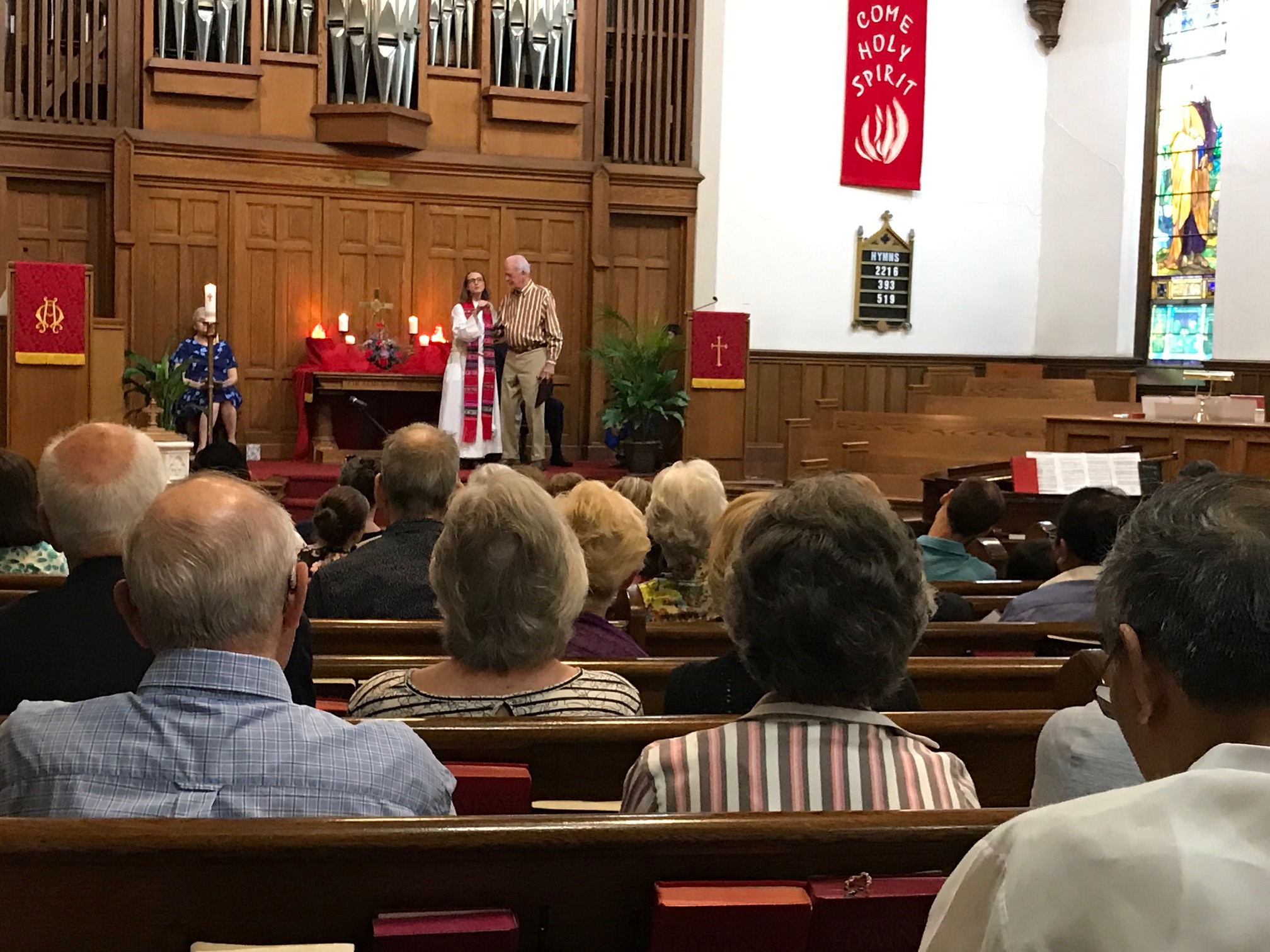
The sermon is podcast on this webpage under the category “worship.” Here is the link
For the complete video of the June 19 service, found on Princeton United Methodist Church Facebook page, click here.



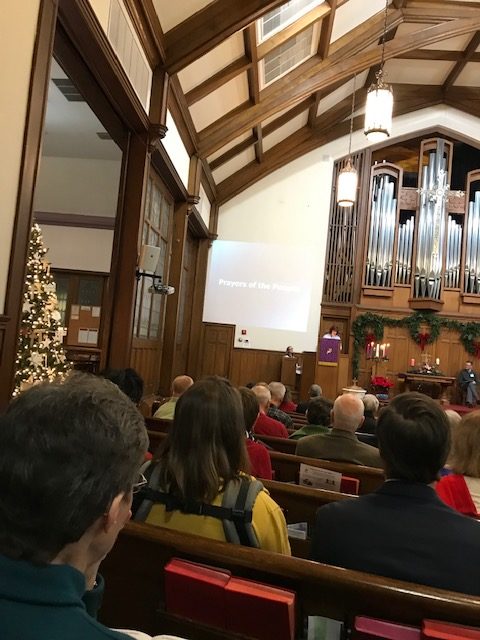
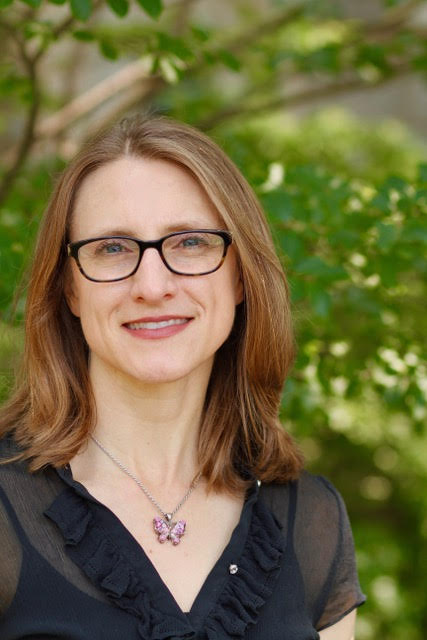


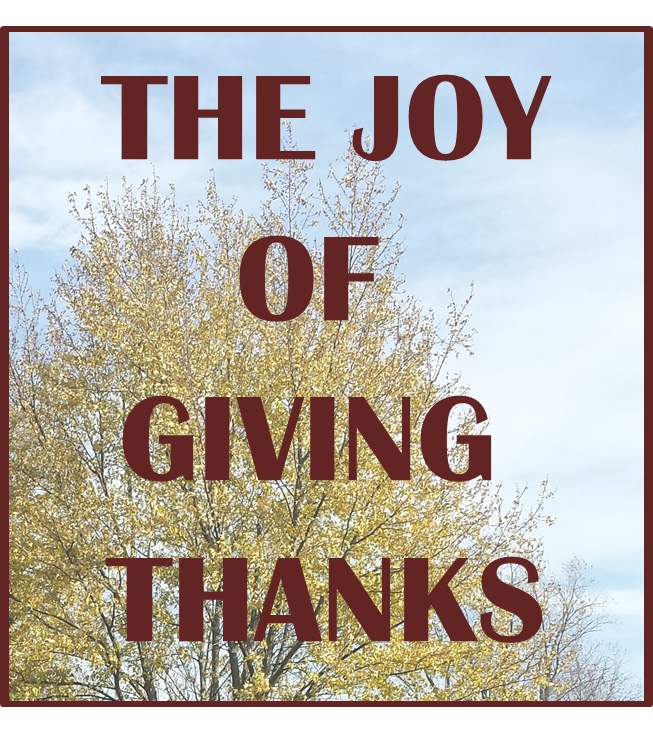
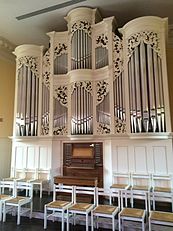
 Worship in Miller Chapel is from 11:30 am-12:00 pm, followed by Lunch, Presentation, & Conversation from 12-1:30 pm. Select lunch ($10) in the Mackay Dining Hall, and then come to the the Main Lounge. Future Gatherings:
Worship in Miller Chapel is from 11:30 am-12:00 pm, followed by Lunch, Presentation, & Conversation from 12-1:30 pm. Select lunch ($10) in the Mackay Dining Hall, and then come to the the Main Lounge. Future Gatherings: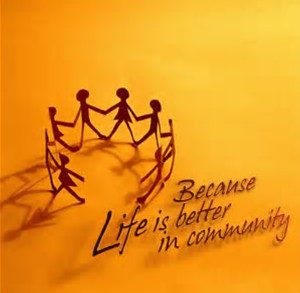 .
.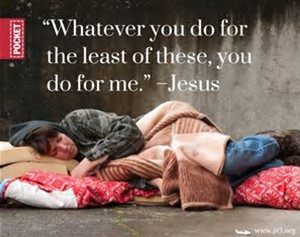 The prophet says that doing such acts of justice and mercy will result in the rapid healing of the people of God. It will result in a renewed and improved relationship with God, in which God’s people communicate with God freely: “Then you shall call, and the Lord will answer; you shall cry, and he will say, Here I am.” God’s people will experience God’s presence.
The prophet says that doing such acts of justice and mercy will result in the rapid healing of the people of God. It will result in a renewed and improved relationship with God, in which God’s people communicate with God freely: “Then you shall call, and the Lord will answer; you shall cry, and he will say, Here I am.” God’s people will experience God’s presence.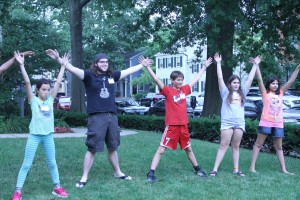 If we look through the Vacation Bible School albums from years past, we see pictures of children who were in VBS just a short time ago — it seems like seconds — and now they are working in mission on the Appalachia Service Project. The fun and learning that happened in church, at Sunday School and Vacation Bible School, has helped kids grow up to be Christian adults.
If we look through the Vacation Bible School albums from years past, we see pictures of children who were in VBS just a short time ago — it seems like seconds — and now they are working in mission on the Appalachia Service Project. The fun and learning that happened in church, at Sunday School and Vacation Bible School, has helped kids grow up to be Christian adults.